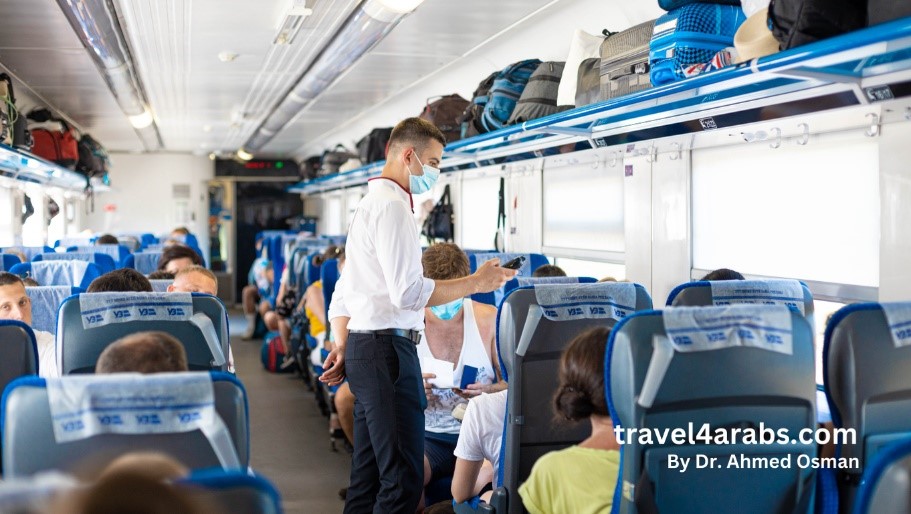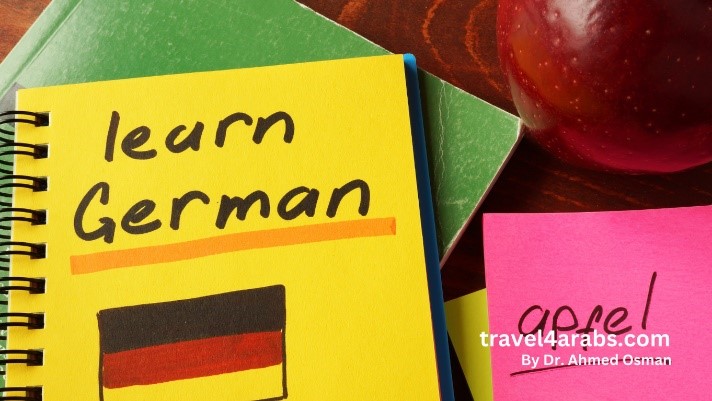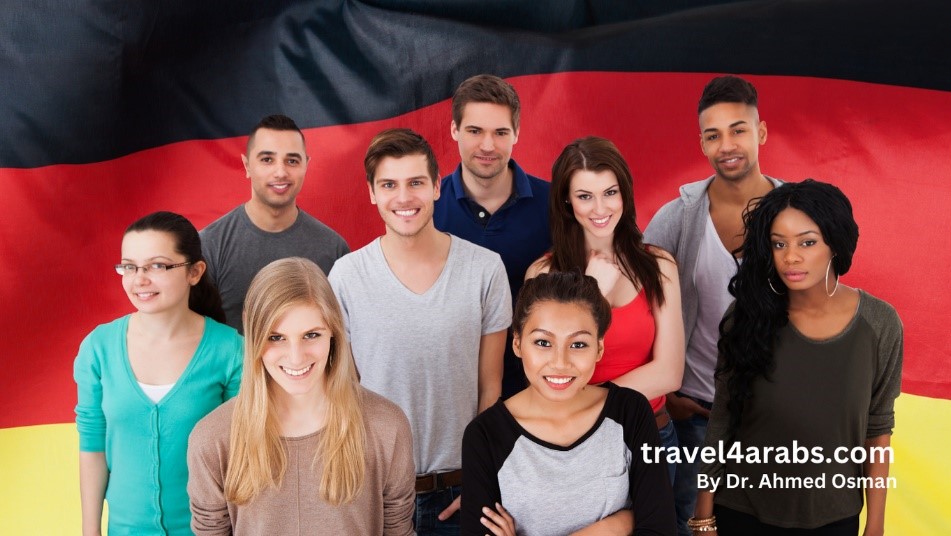J1 Visa Camp Counselor Program: Your Guide to Summer Work...
Read More
Germany is one of the largest economies in the world and has a population of over 80 million people (almost 20% have an immigrant background). If you are planning you travel or to live in Germany, there are some fascinating points you need to keep in mind to indulge with the German community.

In Germany, bike riding is one of the most loved modes of transport. The roads have special lanes for cyclists. You shall find bike-sharing schemes and in some cities, you can find cargo bikes that have a basket-like seat for kids. Always cycle in the designated lane and lock your bike when you are not using it. Wearing a helmet would be great to stay safe and avoid serious injuries. Germany aims to double the number of cyclists by 2030 with the implementation of the federal government’s National Cycling Plan 3.0. Cycling infrastructure will be improved, extended, and made safer – and it will help to cut carbon emissions.

Germany has a very dense transport system especially if you take the high-speed ICE trains run by the Deutsche Bahn. The tickets are a bit expensive especially if they aren’t pre-booked and on holidays but the good thing is that the trains are comfortable and arrive on time. As a hack, it’s always better to pay extra and reserve a seat earlier instead of traveling in the storage carriage. If you are a family with kids and planning to travel, try to reserve seats in the Familienbereich (family area). Or if your kids are still babies or toddlers then it’s better to book the Kleinkindbereich which is a closed compartment fully carpeted so that the kids would crawl around!

Planning to go shopping on Sunday? Then you are at the right place to change your plan!! Supermarkets and retail outlets are all closed by the law of Germany. If you need something urgently you shall head to a major train or bus station where there might be a supermarket and Apotheke (pharmacy) open. But you can still have fun and explore the city since museums, tourist attractions, bakeries, cafes, etc – including Spätis (small convenience stores) will be opened but with limited opening hours.

This might be a bit surprising but Germans prefer cash!! Even in Berlin which is the capital city, it’s easier to deal with cash than cards. Many small bakeries or cafes don’t accept card payments and it’s usually clearly stated on the doors, so be careful before drinking your coffee. A good thing to keep in mind is that public toilets need coins as well! So, make sure you have it before it’s too late. However, you will find tons of places that will accept card payments, and some places accept card payments only! So be ready for both scenarios.

German is the official language in Germany and it’s spoken by the locals. However, English is the next most common language used; you shall find English speakers more in bigger cities such as Berlin, Munich, Düsseldorf, and Frankfurt while English is spoken less in smaller cities. It would be great to learn some basic words and simple phrases which will make communication a little bit easier and smoother. I would recommend having translation and interpretation applications which will aid in many situations.

Germany recycles around 66% of its waste. Recycling is almost a culture in Germany. Most grocery stores have recycling depots at the entrance, and they are like vending machines where you place the empty bottles and cans and they give you a voucher with the amount. The vouchers can then be redeemed from the stores. Each bottle's starting price is 25 cents, cool enough to get some free groceries! Many Germans prefer to return their items daily since they generally go to the store that often.

It is kind of a stereotype about Germans that they are rude and rough, the truth is that they are not! Germans aren't interested in being pleasant or kind. They tend to be more direct and expressive which can come off as a little aggressive to non-Germans. Some believe that politeness is a bit time-consuming and exhausting. So, when you meet the Germans, just know it’s not personal, that's how they talk!

The Germans follow the rules very strictly and they expect everyone to follow them. One important rule or manner, is keeping your voice down in public places or when having a conversation with someone. You will find the kids aware of such a rule and try to follow it. So, if you are planning to travel with your friends make sure that your conversations and laughs are between you only since Germans aren’t interested in hearing them.

Back to Sundays, there are a couple of things you can't do. And by ‘’Can’t do’’ that's because it's forbidden by law. Sunday is a unique phenomenon which is known as "Ruhezeit," which translates to quiet time. Here is a list of things to avoid on Sundays!
Using a vacuum,Washing your car,Mowing your lawn,Any gardening with loud electric tools,Construction work with loud electric tools,Leaf blowers,Snowblowers,Water-powered,pumps,Playing loud music,Hosting parties or gatherings with loud noise and Hammering Breakup such a rule might lead to a complaint from your neighbors, a fine, or in extreme cases, legal action.

In Germany being on time isn't something to mess with. If you are traveling for work purposes; punctuality is a must! If you have a reservation at a restaurant or meeting a German friend, it’s important to be on time because it matters. Being late is considered rude and unprofessional and usually has a negative impact. So, keep an eye on your watch whenever you are in Germany; or whenever and wherever you are!
To sum everything up, Germany is a great country to visit. It’s important to read more about the country you are traveling to before your take off. To know more about Germany here are some topics you might be interested in reading.
WhatsApp us